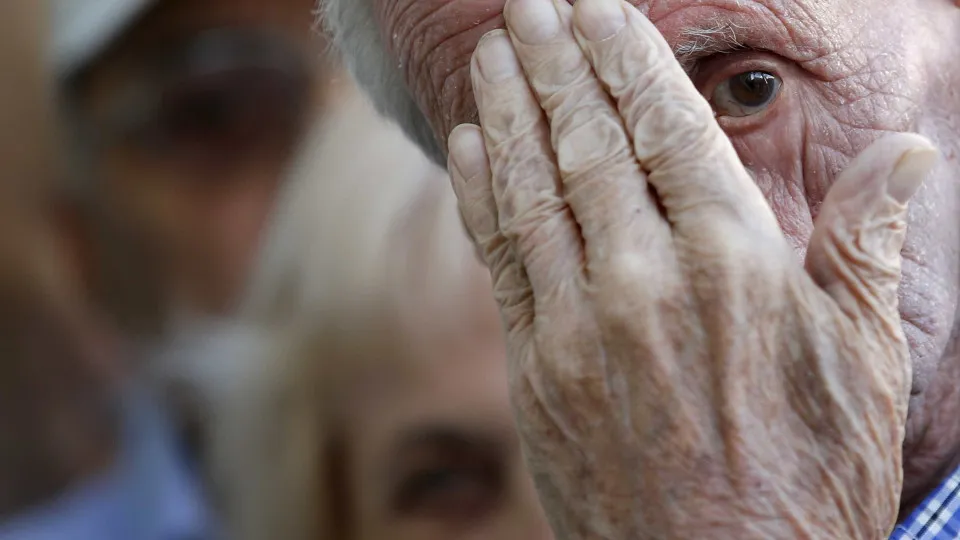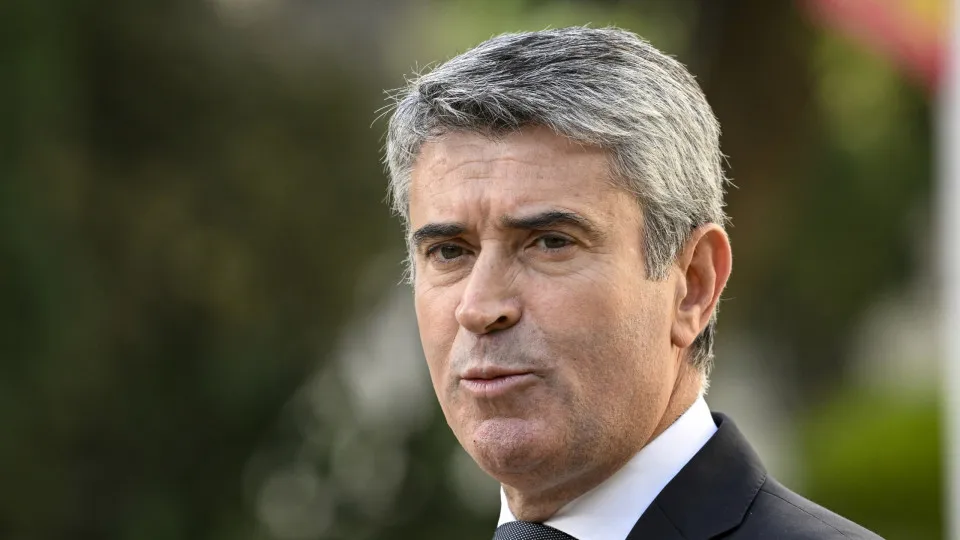
“We will republish it, because when the report was published, and using the words of the newspaper Expresso at the time, Expresso produced a small text that said: ‘The mountain gave birth to a mouse’,” stated Zélia Pereira, a researcher at the Institute of Contemporary History at Universidade Nova.
The researcher noted that upon reading the report, none of the expectations appear in the document.
“That is, the major crimes of treason committed by Portuguese military, the supposed party affiliations of the military, the favoritism towards one party or another, or the accusations that Portugal would hand over Timor to Indonesia, none of this is reflected in an obscure way in the report,” explained Zélia Pereira.
“The report is quite neutral, obviously hinting at some things that did not go well and could have been different had other decisions been made in 1974 and 1975, but the report does not assign blame to anyone,” she highlighted.
The project, also coordinated by Pedro Aires de Oliveira, a history professor at the Faculty of Social and Human Sciences at Universidade Nova, is funded by the Foundation for Science and Technology, with support from the commission for the celebration of the 50th anniversary of April 25, as part of a call for exploratory projects.
The commission for reviewing and clarifying the decolonization process of East Timor was established by former President Ramalho Eanes.
The document, also known as the “Riscado report” because the commission was chaired by Brigadier Francisco Riscado, remained “in the drawer” of Ramalho Eanes, who decided to keep it secret after receiving it, despite pressure from governments led by Francisco Sá Carneiro and later Francisco Pinto Balsemão.
The report was finally published for the first time in 1981, following the controversy created by the RTP program “Grande Reportagem,” which leveled accusations against politicians and some military personnel involved in the East Timor issue.
The document was released by the presidency of the Council of Ministers, along with the Government Report of Timor (1974-1975), authored by the last Portuguese governor in East Timor, General Mário Lemos Pires.
The reissue of the report, expected to be published in 2026, comes after more than 80 military and some civilians’ testimonies heard by the commission between August 1976 and early 1977 were declassified.
“These testimonies are extremely interesting because they depict the internal struggles of each individual, the doubts that arose regarding the future of this nation, and the differing opinions among the military,” explained the researcher.
For Zélia Pereira, these testimonies will allow for “revisiting the report, revisiting some preconceived notions about what happened in Timor in 1974, 1975” and reexamining “ideas that are assumed and that today may be seen with different nuances.”
The researcher cited the example of the delegate of the Armed Forces Movement in Timor, Major Arnão Metello.
“He was the one who began to take charge in May 1974, moving towards forming political associations and wanted to know what the United Nations understood by self-determination, and upon noting the various UN resolutions from the 1960s on the fate of peoples, he saw that one option was integration into another country, and he assumed that this was also a possibility,” she pointed out.
Arnão Metello was accused of being the founder of the Timorese Popular Democratic Association (Apodeti), which advocated integration with Indonesia.
“Today, considering that Arnão Metello’s personal archive is available to the public, looking at what he said at the time, it is very difficult to sustain such an idea, especially since he ended up supporting the formation of UDT and Fretilin,” stated Zélia Pereira.
Following April 25, the Timorese Democratic Union (UDT), the Timorese Social Democratic Association (ASDT), and Apodeti were created.
UDT and ASDT (transformed into the Revolutionary Front for an Independent Timor-Leste – Fretilin) both wanted independence, but differed on how to achieve it, while Apodeti supported the territory’s integration into Indonesia.
The unilateral declaration of independence of East Timor took place on November 28, 1975, but nine days later, on December 7, 1975, Indonesia completed its occupation of the territory, which only ended with the referendum on the country’s self-determination on August 30, 1999.
East Timor restored its independence on May 20, 2002.




